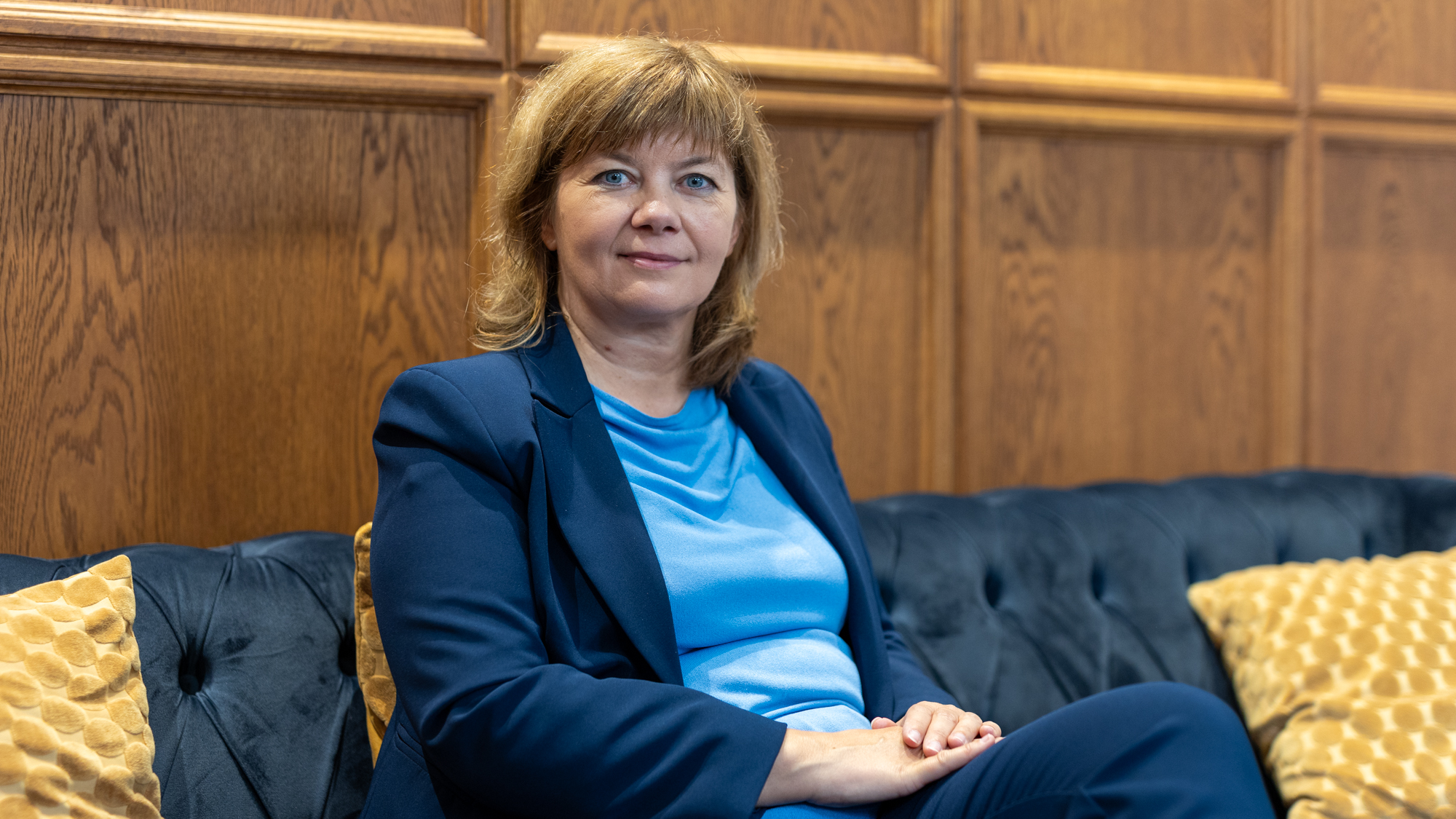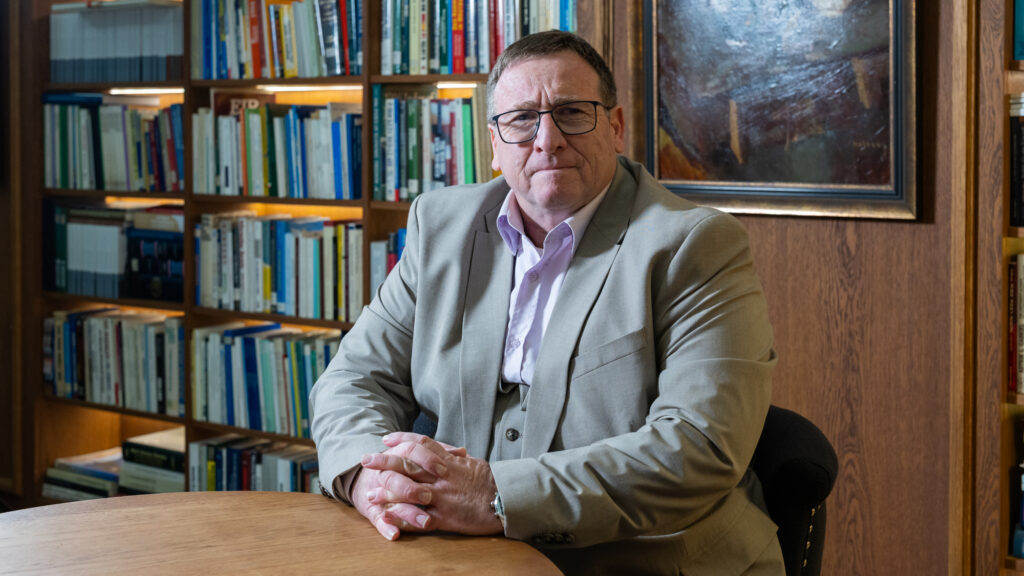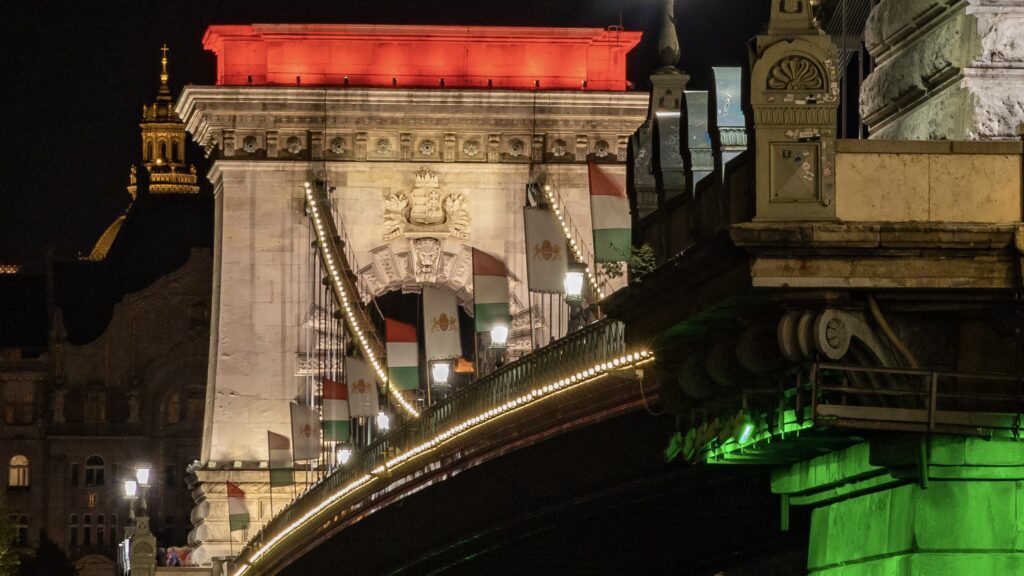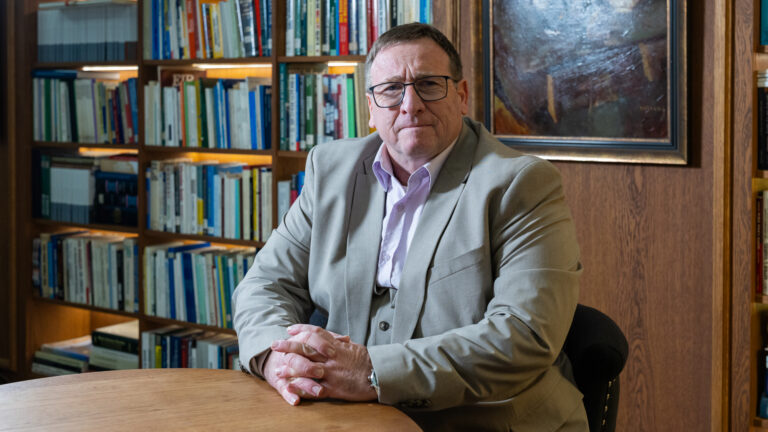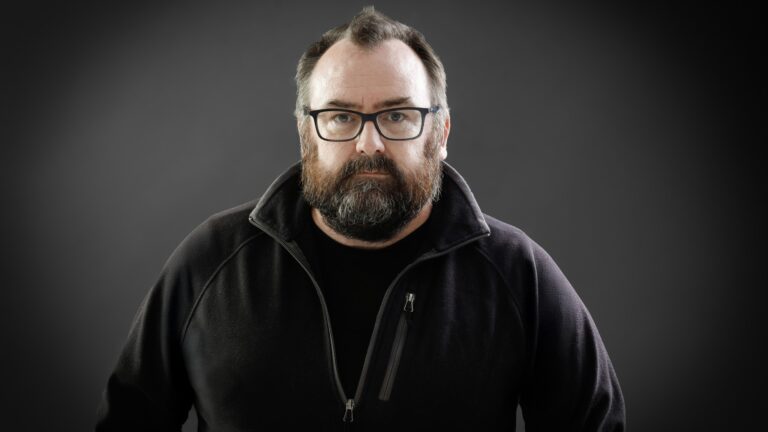Isabella De Monte is a member of the Chamber of Deputies of Italy, representing the Friuli-Venezia Giulia district since 2022. Formerly, she was a member of the centre-left Democratic Party in Italy, but changed her affilation to the centre-right Forza Italia party in 2024. Ms De Monte was one of the the distingushed speakers at the 5th Danube Institute Geopolitical Summit, where she was also gracious enough to give an exclusive interview to our website.
***
We are here at the Danube Institute for their Geopolitical Summit. At your panel, I remember you talking about how, back in 1989, there was optimism that the world was moving towards liberal democracy and the capitalist world order. I know that this is not geopolitical, more of a domestic policy issue, but today, many in the West do not even think positively about capitalism, especially on college campuses. What happened in those decades, that once every country in the world was thought to be moving towards capitalism, but now, in 2025, there is somewhat of a pushback against capitalism even in the West?
Sometimes, there’s an idea flaring up. But in the end, the market is still a capitalist system. That’s why I talked about these trade agreements—because today, everyone is more focused on the commercial system than in the past. Trade is also diplomacy now, and connectivity is diplomacy. We’ve just heard about, for example, the IMEC corridor, which links India, the Emirates, Saudi Arabia, Jordan, and Israel, and provides a gateway to Europe—through Trieste, for instance. This is obviously why we have to carefully weigh what’s happening at this critical moment in the Middle East. But looking ahead, if there is connectivity, there is also a diplomatic path. So it’s not the end of capitalism.
At that time, there were two systems: the communist system and the capitalist system. Now, we cannot go back to the past, but we also have to build a new system—one based on diplomacy, trade, and connectivity. I think this is the new order emerging around the world. In fact, the relationship between the United States and Russia, and the rivalry between China and the United States, are all connected to the Arctic route, because they are competing for a shorter path compared to the Belt and Road Initiative. We’re all talking about the Middle East, the war, foreign affairs. But in the end—while we can’t stop all wars at once—we can work on an alternative. And that alternative is ultimately based on preserving the capitalist system: the movement of capital. At the same time, we should build diplomacy through connectivity.
Would you describe, as some panellists here at Danube would, this new world order as a post-liberal world order? Do you think that’s an apt description of the new way of geopolitics?
Yes, post-liberalism is the present. So, we now have different types of economies around the world. Liberalism, at one end, represents the open market. All countries are working on agreements—just as we in the European Union have done with Canada, Mexico, Mercosur, India, and so on. There was also the TPP with the United States, which was stopped in 2016. Liberalism was what we aimed for in the past, but the present is different. Liberal means open market. Open market means wealth—but at the same time, the goal is to maintain a certain level of welfare. This is a key issue, for example, in Italy with our healthcare system. In the United States, as we know, there are major challenges in ensuring this level of service for everyone. So, the real goal is to keep the liberal model, while also guaranteeing public services for all—especially healthcare and pensions. As we’ve seen in France, there are ongoing protests about pensions. In Italy too, many people are concerned about the future—how to sustain their personal economic well-being, especially when it comes to pensions and healthcare.
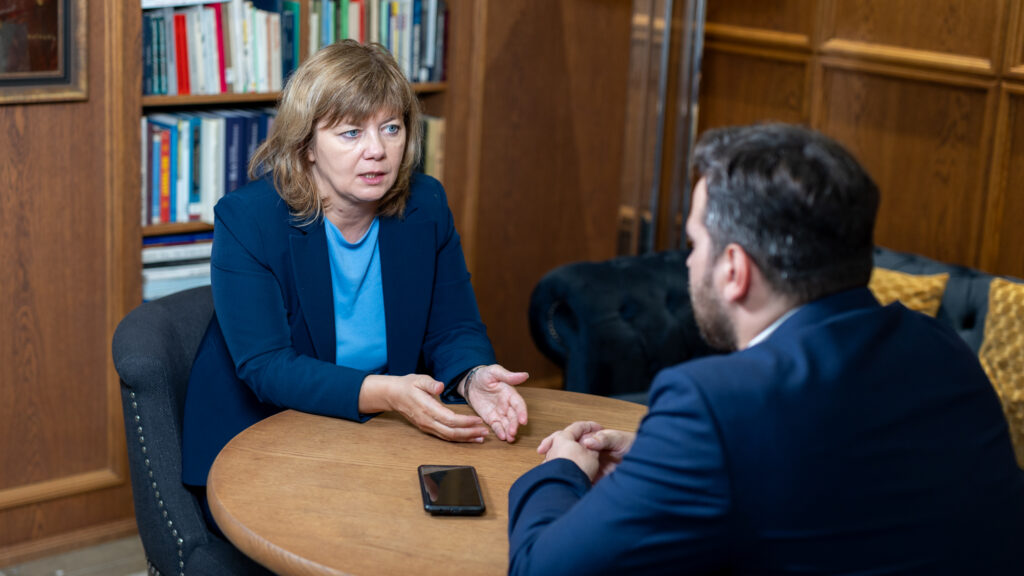
So, is this about the demographic changes and the declining birth rates? Do you think that is one of the main pressing issues in Europe right now?
Yeah, we also have a special commission about this in Italy. It’s not easy to find an alternative because we don’t have luck with families. My grandmother, for example, had a lot of children, and my parents, too.
Here in Hungary, that’s also a key focus of the Hungarian government. Do you follow the Hungarian model of family support policy? One of the latest developments is the income tax exemption for mothers with two or more children. Currently, mothers with at least three children are exempt from income tax, and the plan is to extend this to those with two. Does the Italian government look to the Hungarian model when shaping its family policies?
Yes, there are a lot of policies regarding families, but at the end, what is difficult to solve is the present model. Sometimes the decision of your future doesn’t depend to how much money you receive, but on a different mentality compared to the past. Sometimes monetary incentives are not sufficient because when there is a young man or a young woman, they have to buy a house, they have to have a stable job. But at the same time, they want to go around the world, so it is a different approach to life. Yes, in Italy we give money to family support, but it’s not sufficient because many times the decision to have children arrives late compared to the past—for example, at 40, 35, and not at 20. We can imagine why families are smaller than in the past when people decided to have children at 25 years old, for example.
So, it’s not easy. Also, in some Muslim families, in other countries and the Gulf states, they are starting to have families with fewer children. Not 10, like in the past, not more wives, but only one wife and two children, similar to our countries in Europe. So this is how society evolved in the end.
It could change without any government pressure; we could just see a generation that would be naturally inclined to have more children. So, maybe we can just wait it out and have people change their attitudes towards family formation on their own.
Maybe we should change our way of life because, for example, something changed during the pandemic period when people stayed at home. Also, they don’t have that much money because you have to pay for the house, you have to pay for your transfer, you car, so you don’t have that much money left to build your family. Now all the children go to the university as well. In previous eras, a lot fewer students went to university. It’s very expensive now. When I started college in 1990, it wasn’t so expensive. Now, the cost of living is really expensive, so maybe we have to change the organization of our lives; and also make some investment into housing on the state level.
I mentioned this at the panel discussion as well: there’s a specific agenda point on housing—social housing—in the European Commission. So maybe we need to restart the whole system, not just focus on raising salaries. Prices are rising, and salaries aren’t keeping up. But if we raise salaries, someone will just increase supermarket prices. So instead, we need to invest in the basics—in housing and in supporting the essential needs of families. That way, they’ll have the means to become more independent.
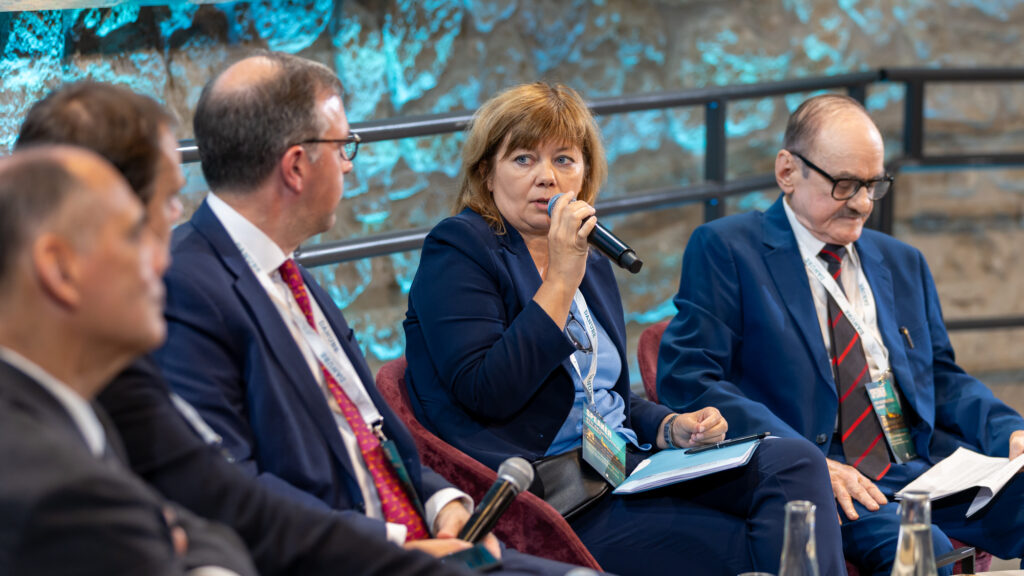
Right now, living in the city is unbelievable—it’s just too expensive in Italy. Going to university is also becoming too costly. But if you live in a small village and have the opportunity to work remotely, you can live a slower but more independent life. You have more spare time, and possibly more money to build your future and start a family.
The Hungarian and Italian governments appear to be aligned in their efforts to curb illegal migration into Europe. How do you view the current state of immigration in Italy? Have there been any notable improvements in recent years, or do you believe there is still an overflow of new migrants coming in?
I think it’s difficult to stop mass migration because our border is really open now. Even if we have an official border, they can still arrive by sea, on boats. But we need rules. What people in Italy say is that: ‘Okay, we can help people, but in the end, we need rules.’ And these rules must be established at the European level.
There’s new migration regulation coming in, which says that people must return to their home countries—because we cannot allow insecurity to grow in our cities. Right now, the situation is really, really bad. In the past, security problems were mostly limited to certain areas. But now, they’re happening in the city centres and even in historic districts. So public perception has completely changed. We’re also seeing a rise in drug-related activity, and that’s a serious concern. This means we need to act at the European level to introduce new rules. We should still allow migration—but it should be for work, not for welfare or criminal activity.
Related articles:

